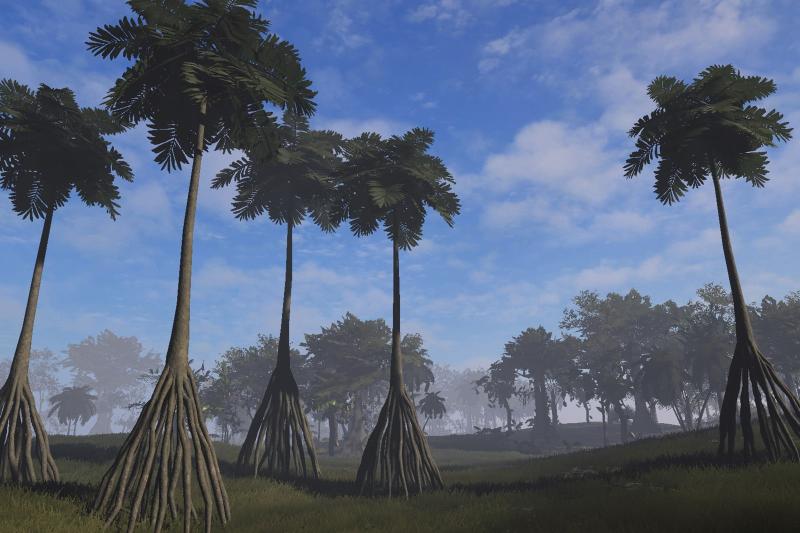Developing environments for engaging with models and simulations, and exploring alternative scenarios.
When strategic decisions are made or policies are implemented, implications and consequences of such decisions can rarely be anticipated in full, and what alternative future scenarios we should be prepared for. In the context of climate change in particular, strategic decisions need to be tightly coupled with consequences and collapsed in time to make them more effective within the limited timeframe. This can be achieved by immersing decision makers in a simulation that allows them to play out decision options. Games and gamified environments help provide psychological safety for experimenting. When exposed to different experiences, decision makers neutralised biases are thus more likely to make better decisions. Furthermore, simulations are imperfect and games can help to validate them.
Within this theme we focus on modelling complex systems and developing a playground for reality simulation and experimentation, e.g. playing out alternative long-term policies. We build simulations, validate them with reality, and engage with different stakeholders, such as policy-makers, corporations and societal organisations to help them make better decisions. We also explore how gamification can be used to imagine how the world of the future could look like, e.g., through alternate reality games. Using gameful and playful approaches can help to capture more diverse views and opinions about different futures as well as alternative scenarios of the future.

Botanical Gardens in Rupununi, Guyana
This project builds on our experiences learned while developing the Iwokrama Invisible River Carbon project, but this time focusing on the diverse and wonderful flora of the Iwokrama, which is vital to the sustainability of the rainforest itself and is used extensively by the indigenous peoples of the region. In this project, the player explores a VR modelled environment based on the botanical gardens in Georgetown, Guyana, which also ties in 360° footage. While exploring, they search for various types of important plant species by following tips given in their logbook (e.g.